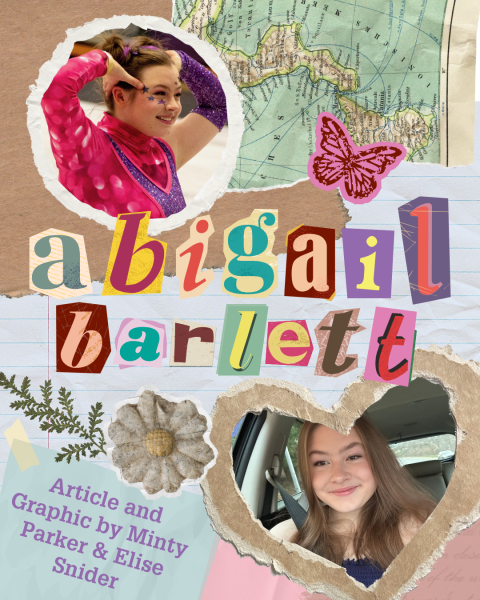Growing up Biculturally
Loving yourself and your identity is one of the first steps to happiness. Being comfortable in your own skin is something that is strived for by just about everyone. And for Enloe junior Sarah Kyeba, finding comfort in self-identity comes from more than one place. “My parents are both from Kenya, so I grew up in America in a household that upheld African culture,” Sarah says. “I know exactly where my family is from and I can easily trace back my roots to see a culture that I come from that really feels like me.” Over the course of her life, Sarah describes how she learned to love her culture, and how it plays a role in her life even across the sea.
Growing up with African parents meant a few things. For one, while raised learning English as an American, Sarah also was exposed to African languages in her own home and when she visited family. “My parents are both from different tribes so we all can understand Swahili, my mom speaks Masai, and my dad speaks Kikuyu” she describes. Even though she doesn’t live in Africa or visit relatives often, the languages feel like a piece of home to Sarah. The knowledge that she is upholding Kenyan culture feels unique and refreshing.
Language isn’t the only pinpoint. The Kenyan food that she eats at home feels like another connection to a culture she carries on her shoulders. “Bordering on the Indian ocean means I eat a lot of the same stuff as my Indian peers,” Sarah says. “I eat lentils and chapati bread all the time with my family and I feel like it’s a physical connection to a lifestyle my ancestors lived.” By hearing the languages at home, and eating cultural foods, Sarah feels at home in Kenyan life, despite only actually being able to visit twice in her life. She describes mixed feelings when she visited as a younger girl, feeling both happy to be at home and strange in an unfamiliar place. “My family was really nice to me when I visited,” she recalls. “But in comparison to the other kids I met there I was really loud.” Being raised as an American, she still felt a bit like she was visiting a new place rather than returning home.
Being raised in two cultures isn’t just a way to feel unique as a person though. And it isn’t always easy. This past year, Sarah felt like she needed a change in her life. She decided to go vegetarian, but this was a source of conflict with some of her family. A big part of Kenyan cuisine and tradition is meat, and according to Sarah “I sort of felt like some of my family thought that I was losing my culture.” In addition to this, she feels uncertain about growing up and keeping her customs. “I kind of feel weird about marriage. I’d want my kids to be exposed to Kenyan culture but at the same time I don’t know if I’ll end up marrying a Kenyan person.” To her, she sometimes feels the pressure of keeping a foreign culture on her shoulders. And sometimes it can feel easy to get lost in the sea of the modern way of life.
Ultimately though, Sarah knows that Kenyan tradition is part of who she is. Learning to not only accept that her African ancestry is part of who she is but to also embrace and feel at home with it has made her a happier person. “I feel happy, being in touch with who I am and who my family is.” She affirms. Sarah is an example of the plenty of African cultures present in the United States, and in the end, it shapes the person that she is.

(He/him)
Louis Huler is a senior staff writer and captain of the track team. He enjoys spending time with friends, Listening to music, and growing his...









